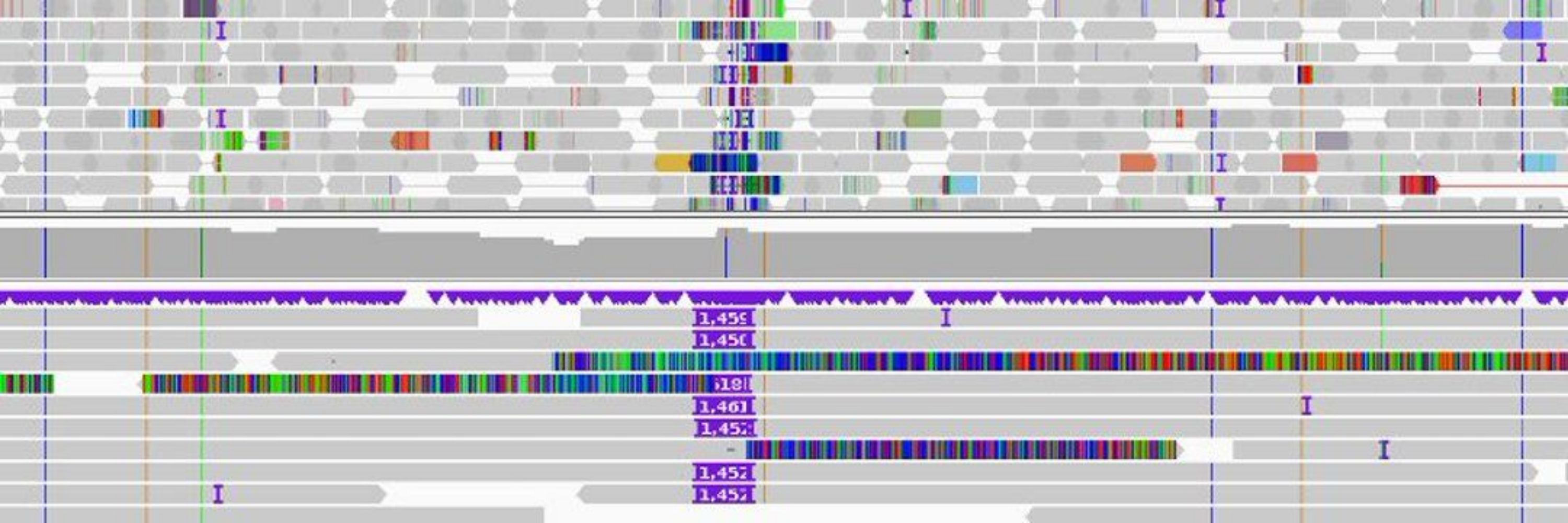
(pirl.unc.edu)
I would love to have something vaguely similar with a cloud lab in the loop, even if it’s for a very restricted subset of experiments
I would love to have something vaguely similar with a cloud lab in the loop, even if it’s for a very restricted subset of experiments

Lots of “find that sequence in a supplement or patent” type tasks just never happen when you’re already constrained by too few people for too many experiments
Lots of “find that sequence in a supplement or patent” type tasks just never happen when you’re already constrained by too few people for too many experiments
It’s not accelerating towards singularity but it’s not nothing either
It’s not accelerating towards singularity but it’s not nothing either
(Though for simpler toy / one line “bad” questions I did find translating to Swahili used to work)
(Though for simpler toy / one line “bad” questions I did find translating to Swahili used to work)
Finally got the Gemini app and tried Gemini 3 and…it perfectly answered my question with every relevant experimental detail across a few different papers/patents

Finally got the Gemini app and tried Gemini 3 and…it perfectly answered my question with every relevant experimental detail across a few different papers/patents
“Thank you for your interest in the AI-coscientist Trust Test Program. Due to our current capacity, we have now closed the application form. We will scale our capacity over time to accommodate more applicants in the future.
“
“Thank you for your interest in the AI-coscientist Trust Test Program. Due to our current capacity, we have now closed the application form. We will scale our capacity over time to accommodate more applicants in the future.
“
Which did you find useful?
Which did you find useful?
Other than Kosmos, ChatGPT {Thinking, Pro}, Claude/Opus, and Gemini;
what else is worth trying for an experimental design question that requires integrating across a few different corners of literature?
Other than Kosmos, ChatGPT {Thinking, Pro}, Claude/Opus, and Gemini;
what else is worth trying for an experimental design question that requires integrating across a few different corners of literature?
Needed a constrained kind of binder for a constrained subset of surface proteins on a certain subset of lymphocytes and just asking the sky gods while putting my kids to sleep surfaced a dozen good papers
Needed a constrained kind of binder for a constrained subset of surface proteins on a certain subset of lymphocytes and just asking the sky gods while putting my kids to sleep surfaced a dozen good papers
The basic claim is that mRNA vaccines had huge synergistic benefit with checkpoint blockade against lung cancer melanoma.
tl;dr it's glam-slop & everyone involved should be embarrassed

Either immunogenicity data has some huge catch or there’s something important to understand in the discrepancy
Either immunogenicity data has some huge catch or there’s something important to understand in the discrepancy
What about personalization through an assay (eg neoAg TCR-Ts, bacteriophage bank, n=1 ASOs)?
molecular profiling as input data for:
computational target selection ->
computational therapeutic design ->
computational safety screening ->
on demand manufacturing using commoditized modalities (DNA, RNA, peptides)
What about personalization through an assay (eg neoAg TCR-Ts, bacteriophage bank, n=1 ASOs)?



